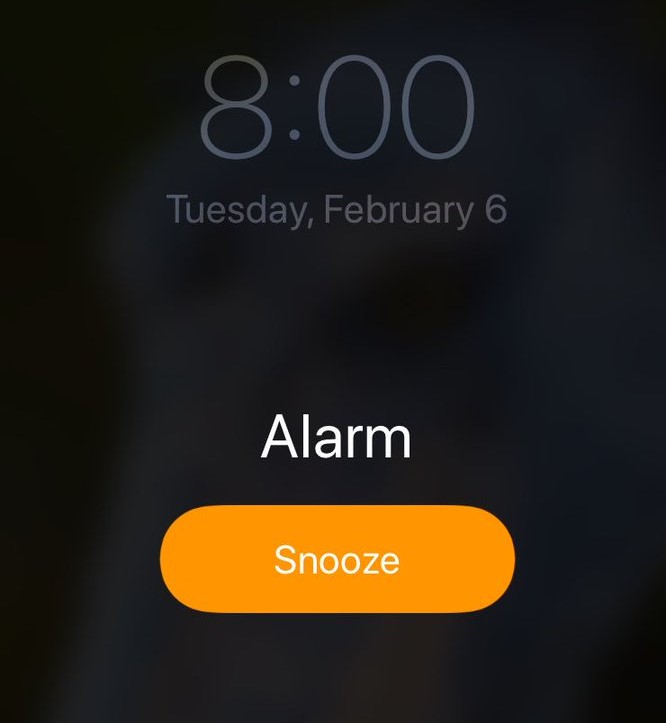
If you snooze, you lose: the 8 a.m. dilemma
Abigail Dickerson, Visual Arts Editor
Warning, side effects of 8 a.m.s may include poor health, weight gain, diabetes, high blood pressure, heart disease, stroke, and even depression according to the Mayo Clinic study on sleep deprivation.
What if we continued to do things in life the way we as a society have always done them? We could keep doing things such as handwriting every paper, smoking in restaurants, or even tell directions by using paper maps just because that’s the way things have always been. Or, maybe just maybe, we can take what we have learned over time and apply it for a positive change.
I believe the same mindset needs to be applied to college class times, especially the 8 a.m.s. Classes that begin at 8 a.m. are the silent killers of the college student’s GPA. An article by CNBC said, “A huge number of people struggle to deliver their best performance during work or school hours they are not naturally suited to”.
An article by the American Academy of Pediatrics said that students at later-starting schools report later rise times, more total sleep on school nights, less daytime sleepiness, less tardiness, fewer attention/concentration difficulties, and better academic performance compared with middle school students at earlier-starting schools.
I believe that requiring classes at 8 a.m. is too early for college students. For example, during the fall semester, athletic teams that are out of season do not end their practices until 11 p.m., yet still require students to take classes that begin at 8 a.m. because it is the only time a class is offered.
By the time a student could make their way out of practice and to their dorm, shower, and go to bed, assuming they have no additional homework to do, it would be nearly midnight. According to the Mayo Clinic, seven hours of sleep a night or less is insufficient sleep.
The next morning, they would need to wake up around an hour before their class starts to get ready, meaning it would be nearly impossible to get a full bare minimum of seven hours of sleep a night.
The same is true for students who stay up late studying for hours and hours just to pass a class. Also, some students have to work late into the night to afford to pay for college in the first place. This is all taken into consideration for resident students, but we have to realize that some students drive upwards of 30 minutes to attend NGU every day.
While there are some benefits to early classes such as finishing school earlier or the natural early bird, for me I simply don’t perform well in the morning. I have spoken to several professors over my time in college who pray that they won’t have to teach at 8 a.m., and yet each semester they do.
I believe the solution to this is to push back the starting times of classes by at least an hour. Universities such as the University of Michigan, have already gotten rid of these unliked class times. If universities could simply push classes back to ending at a later hour, then students could have the time they need to get a good night’s sleep for their academic and social activities.
